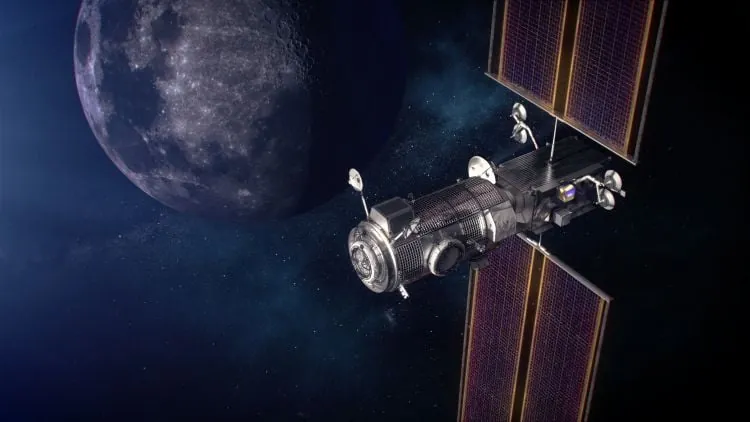
Is This the Key to Understanding Early Life on Earth? New Findings on the Oldest Lake Reveal Shocking Secrets!
2025-05-10
Author: John Tan
Earth’s history spans an astonishing 4.5 billion years, filled with dramatic changes that shaped it into the planet we know today. While it was previously believed that freshwater emerged long after Earth’s formation—based mainly on fossil evidence of single-celled life dating back 3.5 billion years—new research shatters this timeline and suggests that freshwater might have existed a staggering 500 million years earlier!
Uncovering Earth’s Ancient Secrets
To delve into the mysteries of early Earth, scientists turned their attention to some of the planet’s most ancient and stable materials. Among these, the Jack Hills in Western Australia stand out, known for housing some of the oldest rock deposits and valuable zircon crystals.
Zircon is a resilient mineral formed from cooling magma, making it a treasure trove for geologists studying the planet’s formative years. Its durability is matched only by its ability to be accurately dated, thanks to the uranium it contains—this chemical element’s predictable radioactive decay reveals the age of these tiny crystals. Remarkably, the oldest zircon crystal discovered dates back between 4.4 and 4 billion years, earning its title as the oldest surviving fragment of Earth.
Revealing the Connection Between Water and Land
So, how does zircon link to Earth’s ancient water cycles? When water interacts with zircon, it leaves behind chemical traces in the form of oxygen atoms. There are various isotopes of oxygen, differing slightly in weight. Freshwater interaction typically produces lighter oxygen isotopes compared to those formed by saltwater. By analyzing these isotopes in zircon crystals, researchers found compelling evidence of fresh water that dates back over 4 billion years—pushing the timeline of freshwater existence back by 500 million years!
Implications for Earth’s Early Geography
This groundbreaking discovery indicates that dry land may have emerged much earlier than previously thought, radically changing our understanding of Earth’s development. Freshwater’s connection to land ties into the intricate water cycle: as water evaporates, it leaves salts behind, resulting in fresh water forms once it condenses into clouds and rains down. If this rain falls on existing land, it can create rivers and lakes—essentially fresh water sources pivotal to life as we know it.
Previously, before continents existed, evaporated water directly returned to the oceans, remaining part of the saltwater system. Thus, the presence of land is essential for the creation and accumulation of freshwater sources in nature.
In summary, this study suggests a re-evaluation of our timelines for Earth’s continents, hinting that they may have formed long before we ever imagined. The implications of these findings could offer new insights into the origins of life on our planet!





 Brasil (PT)
Brasil (PT)
 Canada (EN)
Canada (EN)
 Chile (ES)
Chile (ES)
 Česko (CS)
Česko (CS)
 대한민국 (KO)
대한민국 (KO)
 España (ES)
España (ES)
 France (FR)
France (FR)
 Hong Kong (EN)
Hong Kong (EN)
 Italia (IT)
Italia (IT)
 日本 (JA)
日本 (JA)
 Magyarország (HU)
Magyarország (HU)
 Norge (NO)
Norge (NO)
 Polska (PL)
Polska (PL)
 Schweiz (DE)
Schweiz (DE)
 Singapore (EN)
Singapore (EN)
 Sverige (SV)
Sverige (SV)
 Suomi (FI)
Suomi (FI)
 Türkiye (TR)
Türkiye (TR)
 الإمارات العربية المتحدة (AR)
الإمارات العربية المتحدة (AR)